7 Best Herbal Tinctures For Dysuria
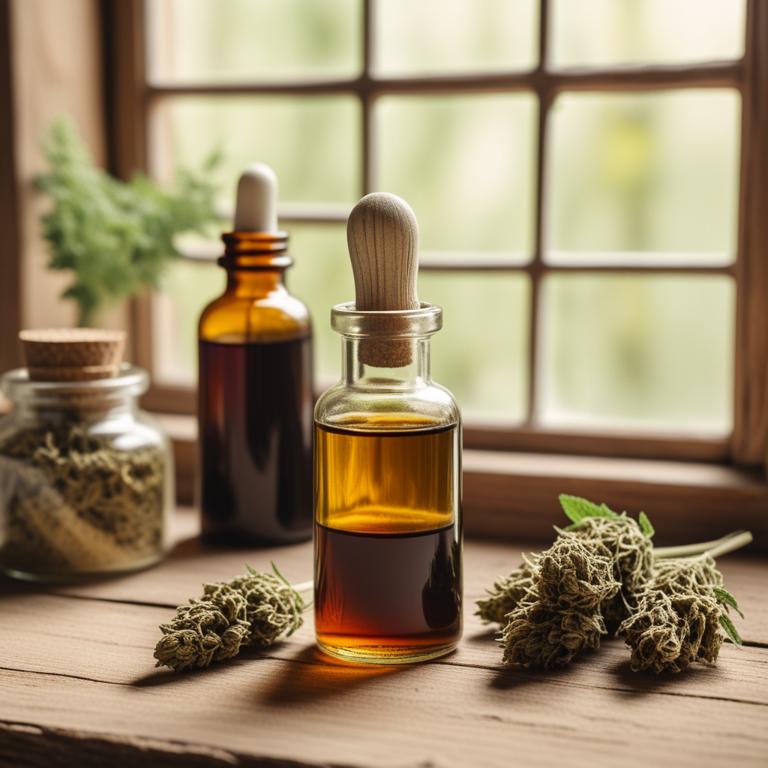
Herbal tinctures for Dysuria are liquid extracts made from various plants and herbs that are used to treat urinary discomfort, burning sensations, and difficulty urinating associated with this condition.
These herbal remedies offer several benefits, including natural pain relief, anti-inflammatory properties, and antioxidant effects that help alleviate the symptoms of dysuria.
Some examples of herbal tinctures used to treat dysuria include Uva Ursi, which is known for its antiseptic and anti-inflammatory properties; Goldenseal, which contains berberine that helps combat bacterial infections; and Juniper Berry, which has diuretic properties that help increase urine production.
Additionally, other herbs like Marshmallow Root, Corn Silk, and Saw Palmetto are also used to treat dysuria due to their soothing and anti-inflammatory effects.
According to "Complementary therapies in medicine", tinctures for dysuria, which is a common side effect of radiotherapy for pelvic organ cancers, may be an effective solution using herbal preparations with mucilaginous characteristics, such as those found in Plantago psyllium, Cydonia oblonga, and Portulaca oleracea, due to their anti-oxidant, anti-inflammatory, and anti-ulcerogenic properties.
Below there's a list of the 7 best herbal tinctures for dysuria.
- 1. Juniperus communis tinctures
- 2. Urtica dioica tinctures
- 3. Sanguisorba officinalis tinctures
- 4. Ruscus aculeatus tinctures
- 5. Arctostaphylos uva-ursi tinctures
- 6. Vaccinium myrtillus tinctures
- 7. Juniperus phoenicea tinctures
Also you may be interested in...
TODAY'S FREE BOUNDLE
Herb Drying Checklist + Herbal Tea Shopping List + Medicinal Herbs Flashcards
Enter you best email address below to receive this bundle (3 product valued $19.95) for FREE + exclusive access to The Aphotecary Letter.
$19.95 -> $0.00
1. Juniperus communis tinctures
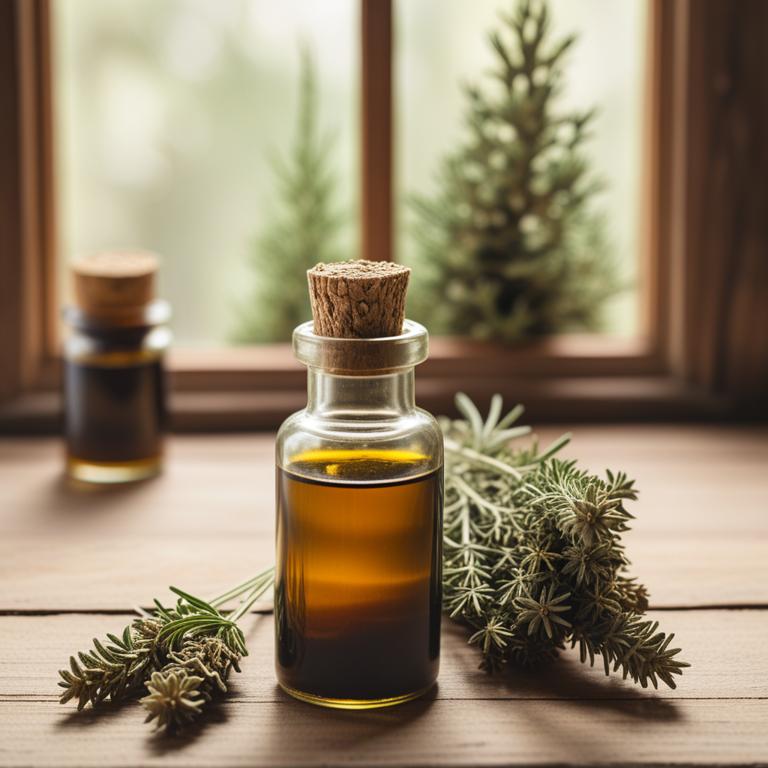
Juniperus communis tinctures have been traditionally used to treat dysuria, a painful urination condition, due to their diuretic and anti-inflammatory properties.
The tinctures help to treat dysuria by increasing urine production, reducing inflammation in the urinary tract, and alleviating the associated pain.
The bioactive constituents of Juniperus communis tinctures, such as terpenes and flavonoids, contribute to their therapeutic effects, particularly the ability to relax the smooth muscles in the urinary tract and reduce spasms.
The benefits of using Juniperus communis tinctures to treat dysuria include rapid relief from symptoms, reduced risk of complications, and a natural alternative to pharmaceutical treatments.
2. Urtica dioica tinctures
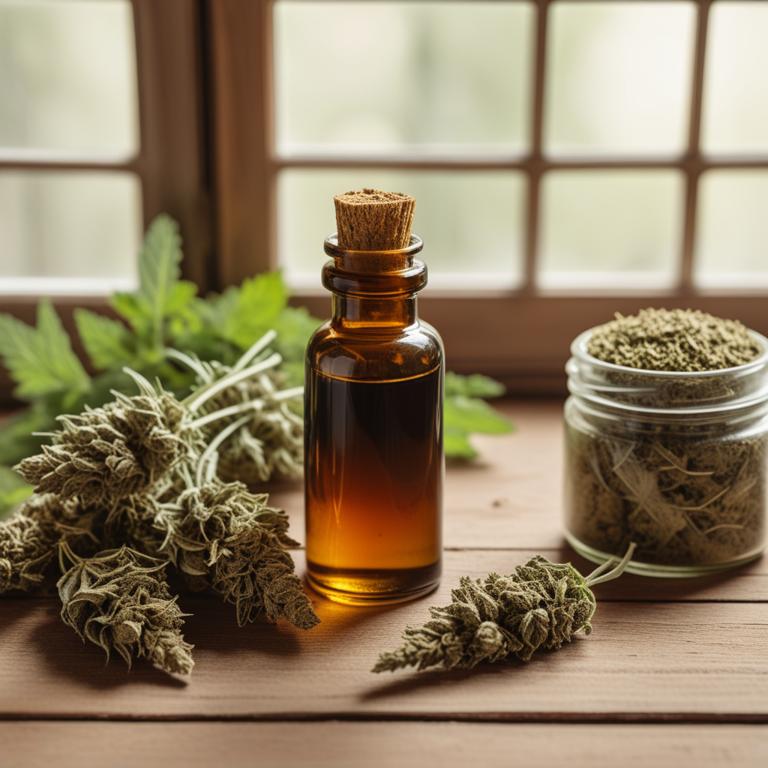
Urtica dioica tinctures, derived from the leaves and roots of the stinging nettle plant, have been used to treat the painful and uncomfortable condition of dysuria, characterized by painful urination.
The antispasmodic, anti-inflammatory, and diuretic properties of this herbal preparation help to alleviate the symptoms of dysuria by relaxing the muscles of the urinary tract, reducing inflammation, and increasing urine production.
The bioactive constituents of Urtica dioica tinctures, including flavonoids, alkaloids, and saponins, contribute to its therapeutic effects by modulating the body's response to inflammation and promoting the healing of damaged tissues.
By using Urtica dioica tinctures to treat dysuria, individuals can experience relief from pain and discomfort, improved urinary function, and a reduction in the risk of complications associated with this condition.
3. Sanguisorba officinalis tinctures

Sanguisorba officinalis tinctures, derived from the roots of the medicinal herb, have been used to treat dysuria, a painful condition characterized by difficulty urinating.
The bioactive constituents present in these tinctures, including salicin and anthraquinones, exhibit anti-inflammatory and astringent properties that help to reduce swelling and alleviate pain in the urinary tract.
By inhibiting the growth of bacteria and fungi, Sanguisorba officinalis tinctures also help to prevent infections that can exacerbate dysuria.
The benefits of using Sanguisorba officinalis tinctures to treat dysuria include rapid relief from pain and discomfort, reduced risk of infection, and promotion of overall urinary tract health.
4. Ruscus aculeatus tinctures
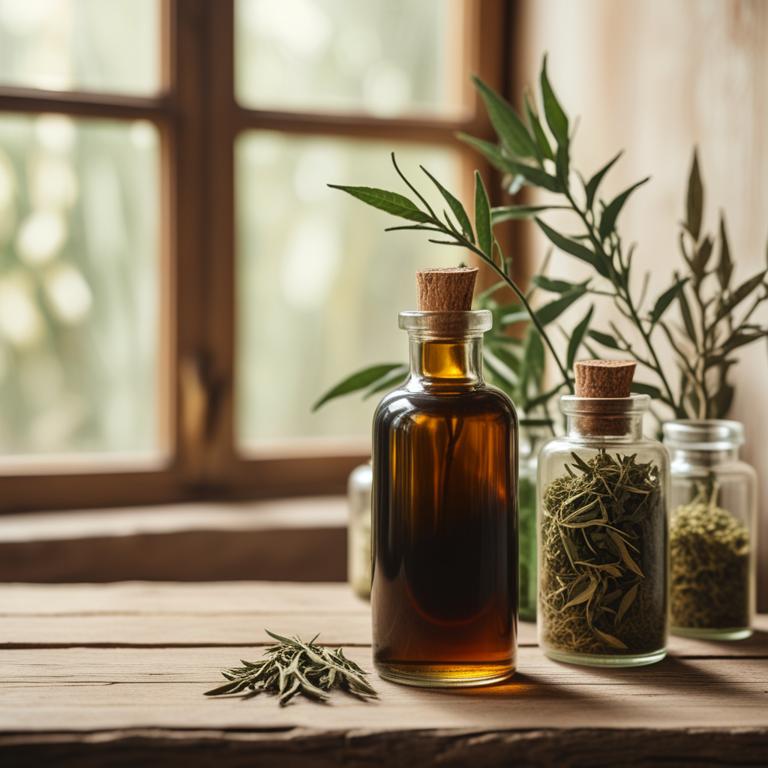
Ruscus aculeatus tinctures have been traditionally used to treat dysuria, a condition characterized by painful urination, due to their anti-inflammatory and antispasmodic properties.
This herbal preparation helps to treat dysuria by reducing inflammation and relaxing the muscles in the urinary tract, thus alleviating pain and discomfort.
The bioactive constituents of Ruscus aculeatus tinctures, including flavonoids and saponins, contribute to its therapeutic effects by inhibiting the release of pro-inflammatory mediators and relaxing smooth muscle tissue.
The benefits of using Ruscus aculeatus tinctures to treat dysuria include rapid relief from symptoms, reduced risk of complications, and a natural approach to managing this condition.
5. Arctostaphylos uva-ursi tinctures
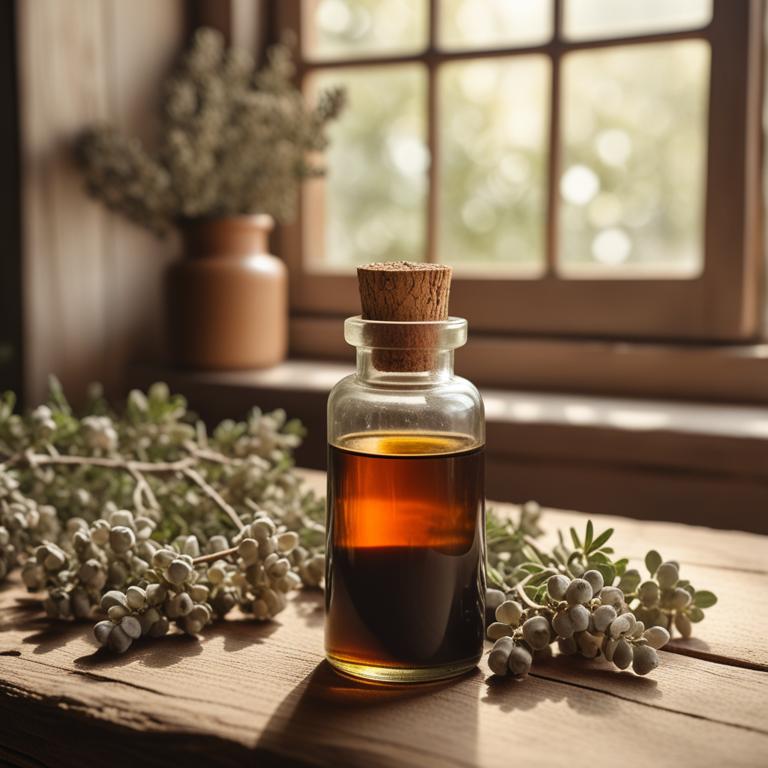
Arctostaphylos uva-ursi tinctures, derived from the bearberry plant, have been traditionally used to treat dysuria, a painful and difficult urination condition.
The tannins and arbutin present in this herbal preparation help to treat dysuria by reducing inflammation and acting as a natural diuretic, thereby alleviating the symptoms.
The bioactive constituents, including arbutin and hydroquinone, play a crucial role in inhibiting the growth of bacteria that can cause urinary tract infections, a common cause of dysuria.
By utilizing Arctostaphylos uva-ursi tinctures, individuals can benefit from a natural and effective treatment option for dysuria, reducing the risk of complications and promoting overall urinary health.
6. Vaccinium myrtillus tinctures
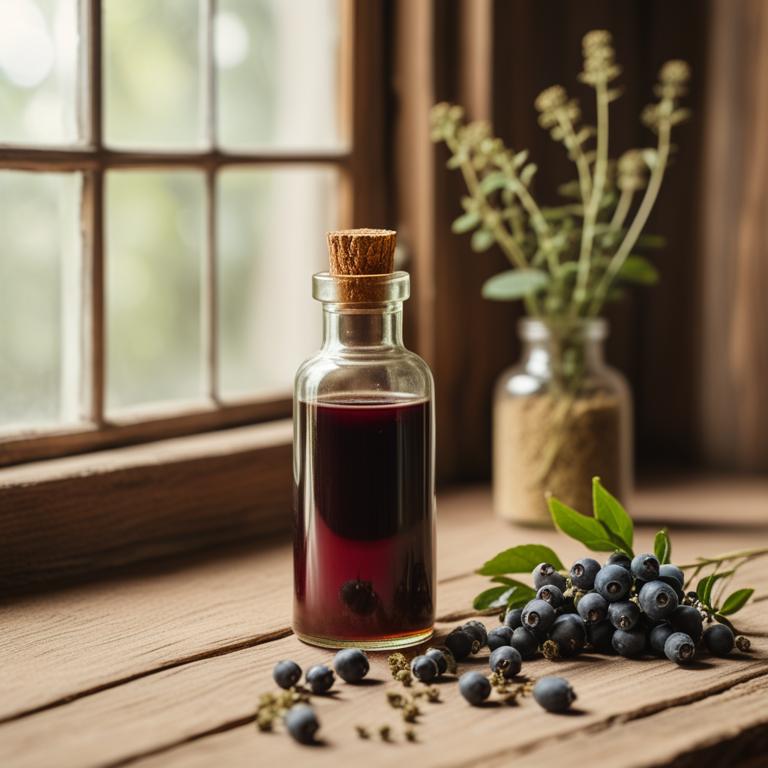
Vaccinium myrtillus tinctures, derived from the bilberry plant, have been traditionally used to treat dysuria, a condition characterized by painful urination.
The anti-inflammatory and antispasmodic properties of Vaccinium myrtillus tinctures help to alleviate the discomfort and pain associated with this ailment.
The bioactive constituents, including anthocyanins and flavonoids, in these tinctures have been shown to have a soothing effect on the urinary tract, reducing inflammation and promoting relaxation.
By using Vaccinium myrtillus tinctures, individuals can benefit from a natural and effective treatment for dysuria, reducing symptoms and promoting overall urinary health.
7. Juniperus phoenicea tinctures

Juniperus phoenicea tinctures have been traditionally used to treat dysuria, a painful and frequent urination disorder.
The antiseptic and anti-inflammatory properties of this herbal preparation help to reduce inflammation and kill bacteria that can contribute to the development of this ailment.
The bioactive constituents, including flavonoids, terpenes, and phenolic acids, found in Juniperus phoenicea tinctures, have been shown to help alleviate symptoms of dysuria by reducing oxidative stress and promoting urinary tract health.
The benefits of using Juniperus phoenicea tinctures to treat dysuria include reduced frequency and severity of urination, improved urinary tract health, and a decrease in the risk of urinary tract infections.